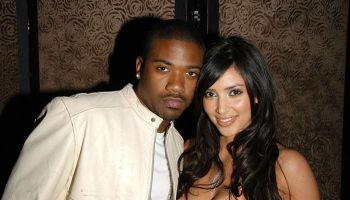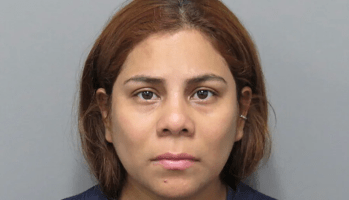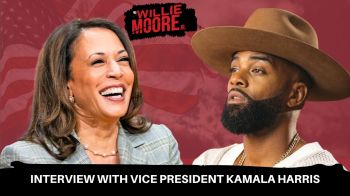Is it because he’s black?
The question of whether race fuels opposition to President Barack Obama has become one of the most divisive topics of the election. It is sowing anger and frustration among conservatives who are labeled racist simply for opposing Obama’s policies and liberals who see no other explanation for such deep dislike of the president.
It is an accusation almost impossible to prove, yet it remains inseparable from the African-American experience. The idea, which seemed to die in 2008 when Obama became the first black president, is now rearing its head from college campuses to cable TV as the Democratic incumbent faces Mitt Romney, the white Republican challenger.
Four years after an election that inspired hopes of a post-racial future, there are signs that political passions are dragging us backward.
“We’re at a tipping point,” said Susan Glisson, director of the Institute for Racial Reconciliation at the University of Mississippi. “But I don’t know which way we’re going to tip.”
Glisson knows that many conservatives disagree with Obama solely because of his policies. “But I am also quite certain that there are others who object to the president because of his race, because they have a fear of blacks that is embedded in our culture,” she said.
Her conclusion is based on something called “implicit bias”— prejudices that people don’t realize they have.
Studies show that due to longstanding negative stereotypes about African-Americans — which give such false impressions as most black people are dangerous, unintelligent or prefer welfare to work — many people harbor anti-black biases yet don’t even know it. Such unconscious biases, the studies show, are present in people of all backgrounds, not just whites.
“Our history has created this unconscious bias,” said Gail Christopher, vice president of program strategy for the W.K. Kellogg Foundation, which has funded research on the subject. “Now we need to create safe places to discuss and educate people about unconscious bias, where we are not blaming and shaming them.”
Those safe places generally do not include the political arena.
“Every time they say, ‘We want our country back,’ I know what that means,” Susan Bankston, a white Democratic National Convention delegate from Richmond, Texas, said at the gathering last week.
CLICK HERE to read story
article courtesy of BlackAmericaWeb.com















